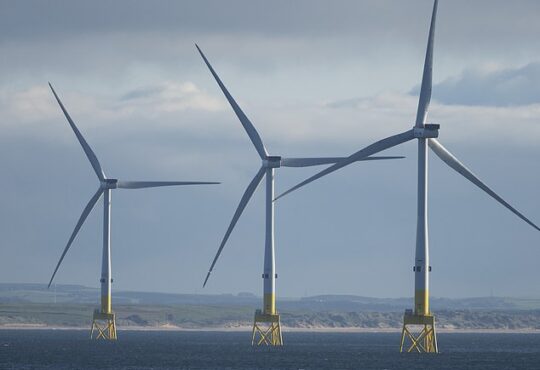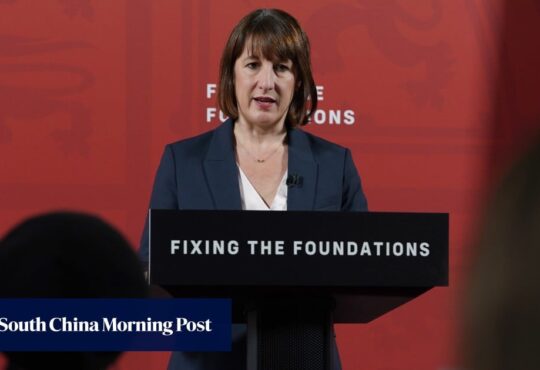
Tax grab
But is this foundational stone of Britain’s savings culture about to come under threat after an electorate shift to the Left – even at a time when people need to save and invest more than ever for their retirement?
The worrying answer is yes.
Labour may seek to scrape up extra cash without breaking promises to hold the UK’s main tax rates – income tax, National Insurance and VAT. Alarmingly, Isas could be in the crosshairs of an indebted government looking to balance the books by stealth.
Indeed, given Labour’s pledge to shield the worker from a tax hike, we do expect a tax raid on savings. Thus, it is prudent to maximise Isa contributions to optimise savings and protect against future tax liabilities – this means not only maxing out Isa allowances but also taking advantage of the other tax-efficient vehicles available.
Venture Capital Trust (VCTs), for example, provide crucial funding for UK start-ups and scale-ups and are an important growth driver for innovative areas of our economy.
Fortunately, Labour has voiced support for VCT and Enterprise Investment (EIS) schemes to ensure investors and firms have the best possible incentives for growth and entrepreneurs can be empowered to create jobs and creativity.
Go global
It is important to remember that this Labour government won’t stray too far from the centre, but there could still be implications for your portfolio with potential for economic and regulatory changes. Hence, we would suggest some tactical allocation nudging.
We would increase global diversification through global equities funds such as Evenlode Global Equities and Lightman European, while taking a more selective approach to the UK.
The UK needs major investment in public infrastructure such as transport, hospitals, the electricity grid – and traditionally, we would associate Labour governments with higher levels of spending in these areas. Labour has promised a series of levies on the industry to fund the cost of investment in green initiatives.
The transition to a low-carbon economy is not only driven by environmental necessity but also by strong governmental and corporate commitments, making it a compelling sector for growth and sustainable returns.
Hence, we would look at funds with a tilt towards green investing, such as Janus UK Henderson Responsible Income.
Defence should also be on the radar. Given rising geopolitical instability and the spectre of conflict in Europe, Starmer has vowed to boost UK defence spending to 2.5pc of GDP. Stocks such as BAE could benefit from elevated spending.
What to avoid
On the downside, there has been some concern about the outlook for the oil and gas sector under Labour, with some analysts predicting that oil and gas outputs could dramatically reduce.
We may also see Starmer impose a windfall tax on the banking industry and a possible levy on lenders. This could put a meaningful dent in profitability.
By strategically utilising Isas, diversifying globally, avoiding traditional banking reliance, and investing in renewables, UK investors can build a resilient, tax-efficient and forward-looking portfolio in the context of Labour policies.
These steps should not only safeguard portfolios against potential tax hikes, but align investments with global growth trends and the wider transition to a sustainable economy.
Darius McDermott is managing director at Chelsea Financial Services






